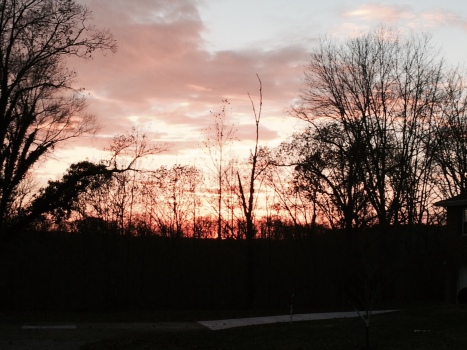.
A few weeks ago we studied Psalm 42, the “as the hart panteth after the waterbrook” Psalm. We talked then about how that Psalm might be read as an individual devotion and how we might tend to think of the Psalms as just that – the work of solitary individuals (David himself, ,maybe) pouring their souls out to God. Maybe even while they are hidden away in the hills before or after some battle or another.
But Psalm 42 carries within it lots of evidence that corporate worship – formal, “church” worship, if you will – was of profound and fundamental importance to the Psalmist. There we found evidence that the Psalmist’s experience of God – his “taste” of God, if you will – was first of all in Temple worship. We pointed to the Psalmist’s reference to his leading of the procession into the Temple, his singing songs and observance of a festival. All of that, we said, was of formal, institutional religion and emphasized the importance of formal, corporate worship as a primary means of knowing God.
This week we saw much of the same in Psalm 62. The Psalm begins with an expression of longing for God. Here, as in Psalm 42, the metaphor employed is that of physical thirst: “my soul thirsts for you. . . as in a dry and weary land. . .”
But again, the reference to corporate worship is obvious: “So I have looked upon you in the sanctuary, beholding your power and your glory.” Indeed, the Psalmist, when alone on his bed, remembers the God he has experienced in the sanctuary.
Formal worship is important. It is formative. It is central to the life of the Christian. It is one primary means by which he or she comes to know and experience God.

